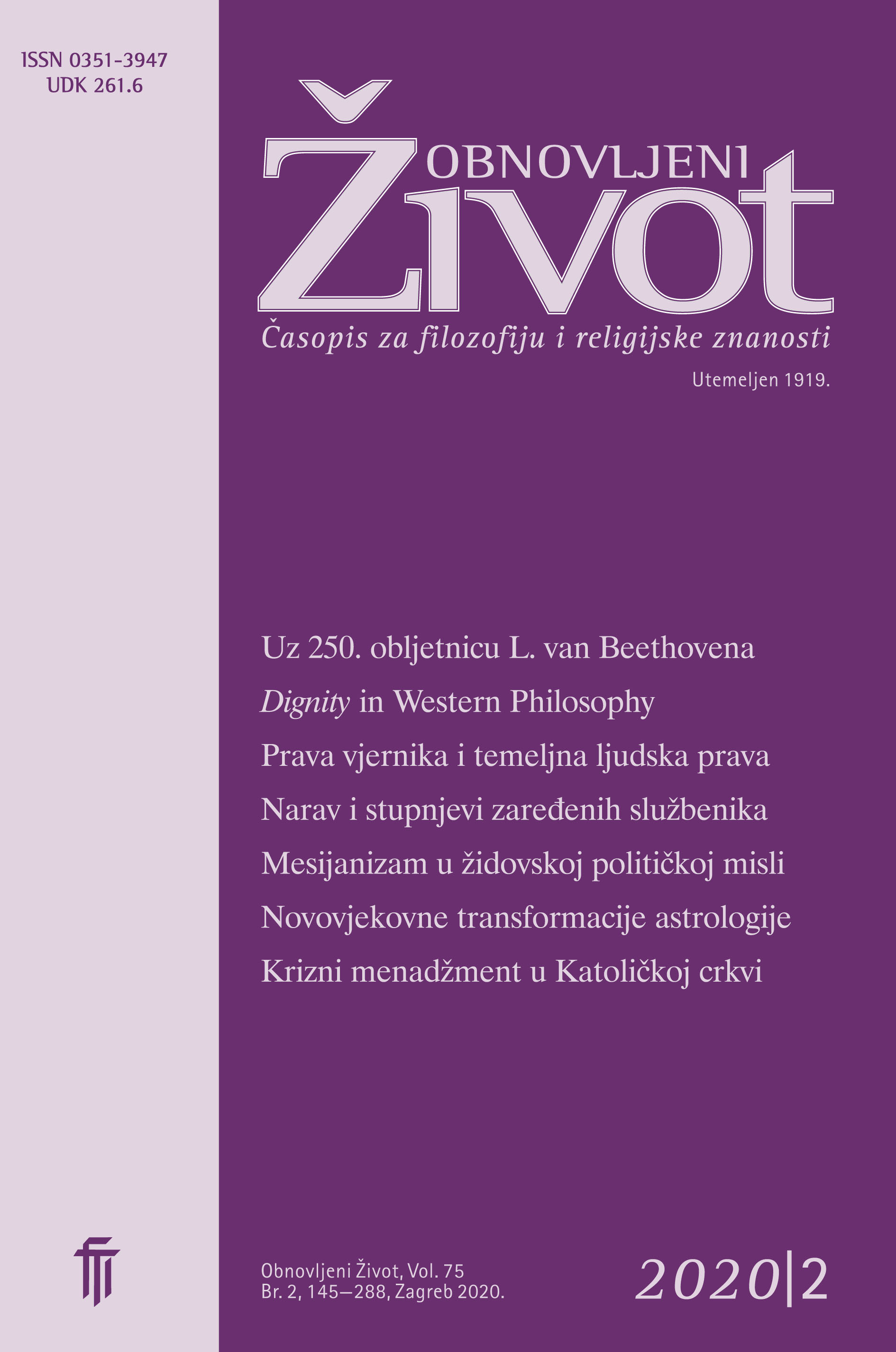The Croatian National Council from 1974 to 1990
Keywords:
Croatian National Council, emigration, emigrés, political parties, displaced CroatiaAbstract
At the end of WW II, Croatian emigrés found themselves to be divided and in the midst of organizational chaos due to political circumstances and the final outcome of the war. Three decades hence, an uncompromising battle raged between the two greatest and most influential political groups among Croatian emigrés. On one side, there was the Croatian Peasant Party (Hrvatska seljačka stranka or HSS), the oldest Croatian political party in the diaspora whose leaders and members upheld the politics of their founder, Stjepan Radić. On the other side was the Croatian Liberation Movement (Hrvatski oslobodilački pokret or HOP), founded by high–ranking officials and members of the armed forces of the failed Independent State of Croatia. Weary of confrontation among the various groups, Croatian emigrés addressed the necessity of developing a single powerful supra–party organization which , united and strong, would defend and promote the idea throughout the world that the Croatian people have a right to their own state. In 1971, the collapse of the Croatian Spring in the Homeland generated a tremendous reaction among Croats abroad and revived again the need for an organization which would unite all Croatian emigrés and take action throughout the world to promote the idea of liberty and democracy for the Croatian people. In a short space of time, extensive preparations were made and thus the Croatian National Council (Hrvatsko narodno vijeće or HNV) was established in 1974 at its inaugural meeting in Toronto. In the wake of democratic changes in Southeast Europe and in Yugoslavia, the leaders of the HNV gave their full backing to the new democratic parties founded in Croatia. Following the declaration of Croatian independence, the HNV ceased to exist, this being a sign of support and acknowledgement to the newly established democratic government of the Republic of Croatia.
Published
Issue
Section
License
Jednom prihvaćeni članak obvezuje autora da ga ne smije objaviti drugdje bez dozvole uredništva, a i tada samo uz bilješku da je objavljen prvi put u Obnovljenom životu. Uredništvo će obavijestiti autora o prihvaćanju ili neprihvaćanju članka za objavljivanje.
Članci objavljeni u časopisu se, uz prikladno navođenje izvora, smiju besplatno koristiti u obrazovne i druge nekomercijalne svrhe.


